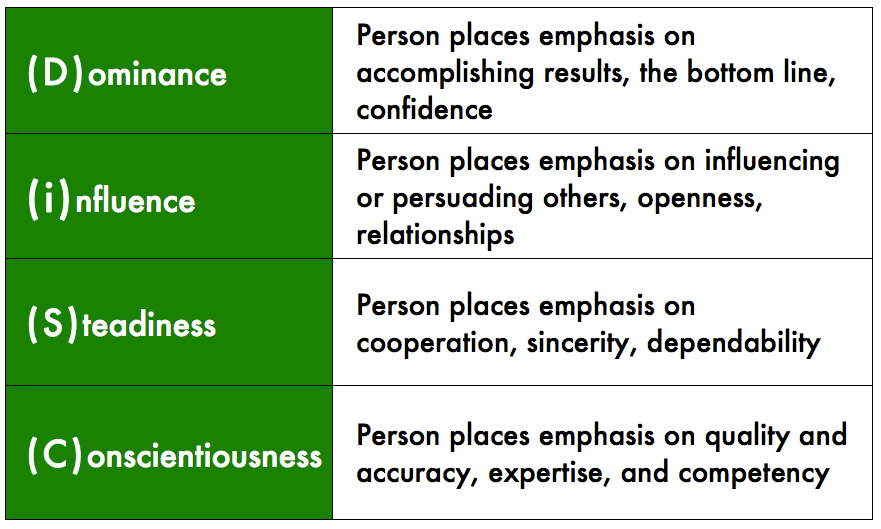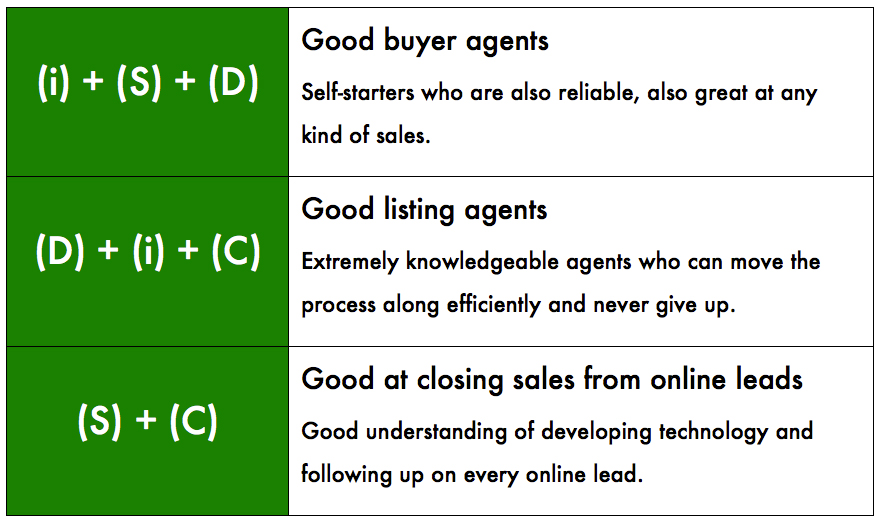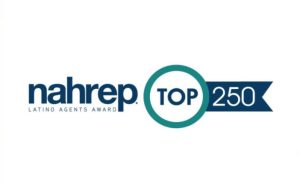Many people were surprised when Forbes reported that, according to a Career Bliss survey, real estate agents have the “happiest job in America.” With a happiness index of 4.26 out of 5 points, real estate agents “are more than satisfied” with their job because they love their freedom to do what they want along with an earning potential in the six figures.
Not everyone is cut out to do this job, though. It takes a unique collection of skills to be happy and successful. Even the best may sometimes have to deal with the stress and uncertainty of going for months without a sale. Even people who have the right skills may not possess the personality to make it for very long. Hiring the right people to begin with goes a long way toward reducing churn. Brokers normally seek out candidates with an aptitude in finance, a rough understanding of property law, great social skills, enthusiasm and discerning judgment. Unfortunately, that’s not always enough.

The Four Trait Profile
What if there were an easier way to find out who is born to be a winning agent and who will probably give up in a matter of months solely based on psychology? That’s precisely why some agencies have begun using personality tests, such as the DiSC profile, to figure out the personality types that make the best agents.
DiSC breaks down personalities into four basic traits: (D)ominance, (i)nfluence, (S)teadiness and (C)onscientiousness. Those who take this test are described by which ones are their strongest or weakest traits. DiSC was created specifically to help business professionals better understand their employees in order to improve productivity, teamwork and communication, but it has already found a practical application in real estate. The ultimate goal is to identify the ideal agent personality type.
The National Association of Realtors (NAR) recently profiled how agencies can use DiSC for identifying personal types that fit different positions within the agency. Their interviews suggest that people who score high on the (i) scale tend to be the most outgoing, friendly and at ease when talking to strangers on the phone. Those with a high (S) as a secondary strength can handle uncertainty and don’t change course often, so (iS) is a good combination for self-starters who are also reliable. Those with a high (iD) are also a good choice as they tend to be great at any kind of sales.
Buyer vs. Listing Agents

While (iS) and (iD) tend to make good buyer agents, listing agents generally lead with a high (D). Great listing agents are a rare breed. Home sellers often want to find the right buyer and close the deal as quickly as possible, so they need someone extremely knowledgeable who can move the process along efficiently and never give up. While (DI) and (DC) make good listing agents, those who lead with a (C) make exactly the wrong type. These are perfectionists who tend to get bogged down in details and overwhelmed.
One of the NAR’s most interesting findings is that the changing nature of the real estate industry has recently made (SC) individuals more desirable. Leading with a high (S) with (C) as a close second is a good indication of someone who has a good understanding of developing technology and follows-up on every online lead. Without a strong (i) score, they’re not as good in person as they are online, but they do well in closing sales, given that 90 percent of home buyers begin their property search online now.
Building Strengths
Of course, there is a great deal more to individuals than their letter score. Who has the right experience, the right education and the right fit with the existing team also influence who will be the best choice in any specific hiring decision. Once you understand their strengths and weaknesses, though, you can better steer them along the path to developing the tools they need to succeed.








